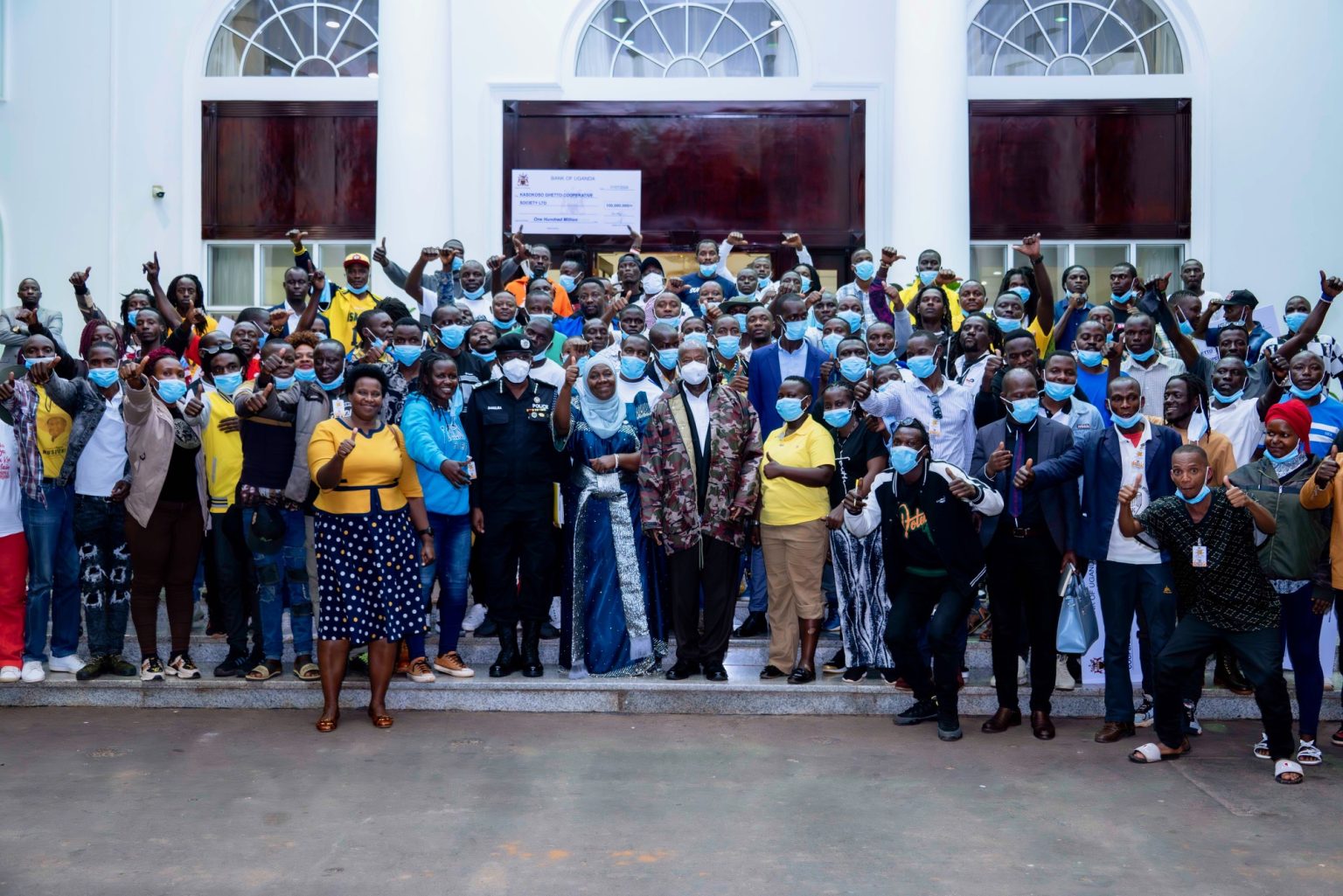
President Museveni Urges Ghetto Youths to Champion Education and Prosperity
In a significant engagement aimed at uplifting the livelihoods of urban youths, President Yoweri Kaguta Museveni met with leaders of the ghetto SACCOs in the Kampala Metropolitan Area on July 31, 2024, at State House Entebbe. This meeting brought together 100 youth leaders representing 12 ghetto SACCOs from Kampala, Wakiso, and Mukono.
The SACCO beneficiaries hailed from various communities, including Rubaga Kakeeka Zone, Kasangati Ghetto Community, Kampala Central Division, Nakawa Division, Makindye East, Kawempe South, Makindye West, Kawempe North, Mukono Industrial, Kasokoso, Nansana Division, and Masajja Para Zone in Makindye.
During the meeting, President Museveni underscored the historical significance and resilience of the ghetto communities in Uganda’s liberation. He highlighted the vital role played by these communities, reminiscent of the “Abawejere” from the 1950s, in the country’s struggle for independence.
“What you call ghetto people, in the 1950s used to be called ‘Abawejere’ and they were centred around Katwe. When Uganda was fighting for Independence, much of the activities were around Katwe, and I think the first offices of the Uganda National Congress were located in Katwe. Even Augustino Kamya, who organised the boycott of Indian goods in 1958, was from Katwe,” President Museveni remarked.
Reflecting on his own connection with the ghetto, the President shared, “I linked up with the ghetto in 1968. I was there, Katwe is my place. I was not a ghetto boy myself; my background is in the villages with farmers. But we, the student movement, wanted to link up with the ‘Bawejere’.”
The President recounted the pivotal role of the ghetto communities during the resistance against former President Idi Amin’s regime. He stressed that the struggle was rooted in the desire to solve the problems of the people and promote prosperity.
“We had and still have a program of the prosperity of the people, and Idi Amin could not understand that,” he said. “When we were fighting Idi Amin, I used to come to Kampala, and my contacts were mainly these bawejere.”
President Museveni urged the ghetto youths to advocate for the interests of the masses, emphasizing the importance of free education and prosperity for all. He encouraged them to embrace government poverty alleviation programs like the Parish Development Model (PDM) to enhance their livelihoods.
The President also highlighted the need for accountability among elected leaders, urging the ghetto youths to hold their leaders responsible and demand what is meant for them. He attributed the challenges faced by ghetto communities to the failure of educated elites to effectively engage with and support the uneducated.
“When the NRM government came to power, we decided to add on leaders elected by the people from Local Council 1 up to LC.5 (district level) including a woman member of parliament for each district to fill the gap in case the government chiefs failed to perform their roles,” President Museveni explained.
Reinforcing the NRM government's commitment to pro-people politics, President Museveni announced the fulfillment of his Shs1.2 billion pledge to the 12 ghetto SACCOs, with each SACCO receiving Shs100 million. He urged the youth to utilize these funds to invest in small businesses, artisanship, and services, and to engage in commercial farming in rural areas.
The President also cautioned against being manipulated by politicians with selfish motives, who often lead the youths into criminal activities. He assured the ghetto youths that the government is committed to supporting their transformation and socio-economic development.
Minister of Kampala Capital City and Metropolitan Affairs, Hajjat Minsa Kabanda, thanked President Museveni for his support, highlighting the positive impact of the SACCOs in transforming the lives of ghetto youths. Brig. Gen. Christopher Ddamulira, Director of Crime Intelligence and project coordinator, noted that the ghetto project, initiated under the President’s guidance in March 2022, has significantly reduced criminality in Kampala, Wakiso, and Mukono.
Mr. Kalyango Shafik, leader of the ghetto youths, expressed gratitude to President Museveni for empowering their communities through financial and moral support. He assured the President of their commitment to working with the government for the socio-economic transformation of the country.
The meeting also saw the presence of key government officials, including the State House Comptroller, Ms. Jane Barekye, and Maj. Emma Kutesa, Private Secretary to the President for youth, in agriculture, value addition, and export promotion.
Links
- 30 views

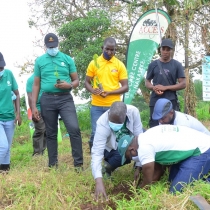

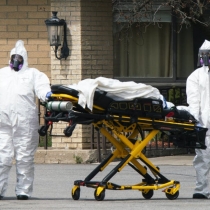


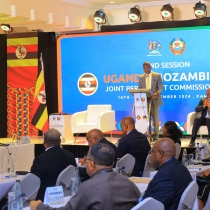
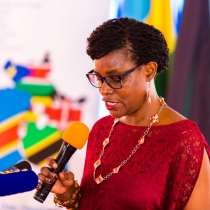
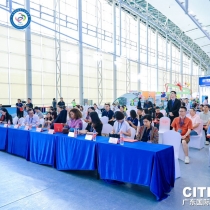
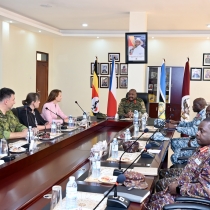
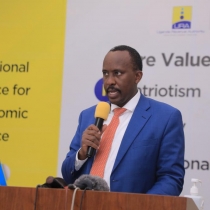
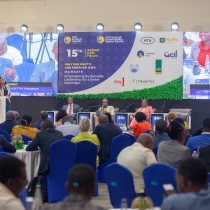

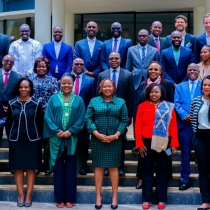
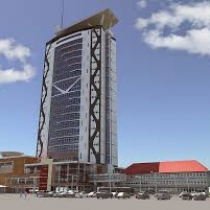

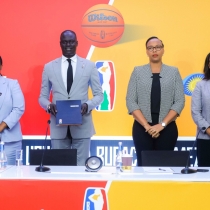




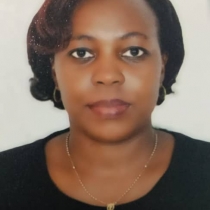

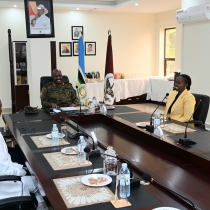
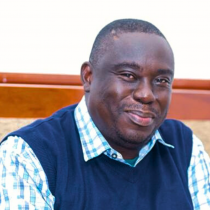





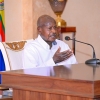
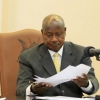







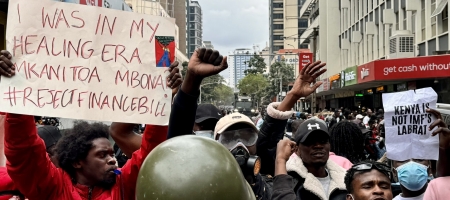




Join the conversation